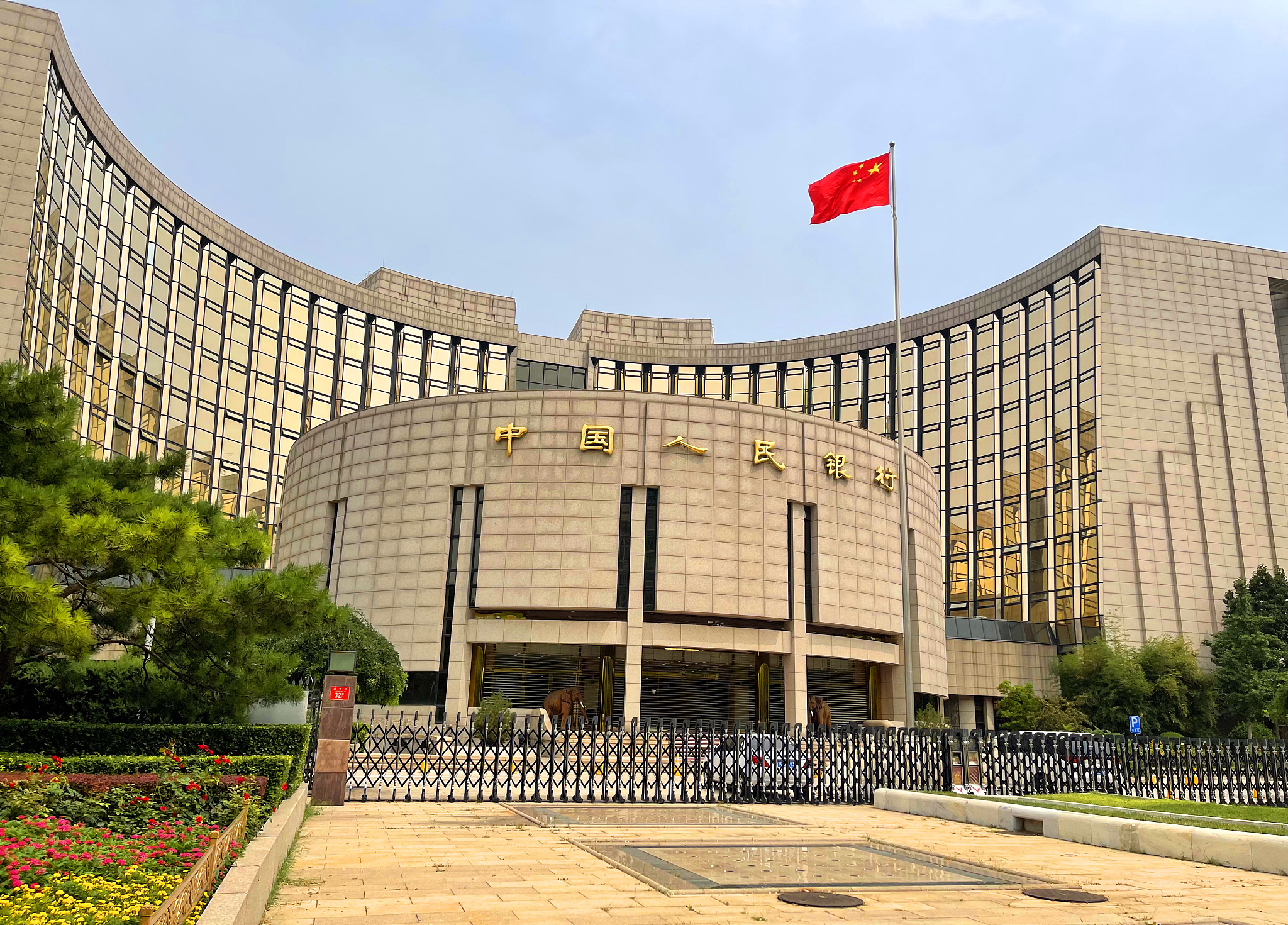
Editor's note: Matteo Giovannini is a finance professional at the Industrial and Commercial Bank of China in Beijing and a member of the China Task Force at the Italian Ministry of Economic Development. The article reflects the author's views, and not necessarily those of CGTN.
It is no secret that China, from the announcement made in 2009, has high expectations to transform Shanghai into a modern international financial hub and to elevate the standing of the Pudong New Area at the level of established financial centers such as the City of London and New York's Manhattan.
The achievement of this goal represents a crucial part of China's economic and geopolitical agenda. A well-functioning onshore international financial center, that can match the country's growing economic relevance on the global stage and the surging international role of the RMB, has important repercussions on the capacity of the country to exert influence in international transactions.
In this sense, the newly released "Free Trade Zone Lujiazui Section Development 14th Five Year Plan" from the Shanghai municipal government represents solid proof of the authorities' intention to turn the city into a first-class global financial hub as well as a global financial asset allocation center for the yuan by the year 2025.
According to the plan the Lujiazui financial district is going to accommodate more than 10,000 financial institutions of various kinds and to double the current number of regional headquarters of multinational firms within the first half of this decade.
The first consideration that can be raised here is that this move is basically targeted to make Lujiazui the beating heart of China's entire financial services sector, removing the remaining regulatory restrictions that have stifled the potential of growth and international attractiveness of the city and the legitimate aspiration to the role of direct competitor of existing global financial hubs.
Location represents a strong factor in the government's choice to bet on Lujiazui since its Free Trade Zone is located right in the middle west of the Pudong New Area and thus it can rely on a strong level of connectivity. The nearby Waigaoqiao Port Area, that guarantees that goods are shipped all over the world, shows all its geographical advantage through the direct link between finance and global trade. The proximity to the Shanghai Pudong International Airport, a major hub that covers international air routes, contributes to the economic development of the area due to the limited commuting time to reach the center of activity.
The introduction of fiscal policies that allow companies and individuals to enjoy preferential tax benefits, an open business environment, where foreign firms enjoy the same opportunities of domestic firms, and a high-standard living environment, are all factors that make the area a magnet for the attraction of a large pool of well-educated talents. The attraction of top notch global talents serves to create a diverse ecosystem with a high level of internationalization that brings benefits to both economy and society in terms of innovative ideas and knowledge sharing.

The People's Bank of China. /CFP
The People's Bank of China. /CFP
The new generations' attractiveness for jobs in the fields of artificial intelligence (AI), big data and blockchain plays also represents an integral part in transforming Shanghai and the Yangtze River Delta into a hub for the development of emerging technologies. In this scenario, the role of the city as a financial hub is expected to support the introduction of existing technology into the financial sector and to provide the necessary funding for the advancement of domestic technology.
China has demonstrated on several occasions that it has a clear roadmap that sees innovation as a core driver of its future growth and Shanghai is definitely well placed in being the source of financing for researching and developing new forms of technologies.
With Shanghai now in the vanguard of the country's financial opening-up and a pioneer of reform and innovation in the industry, China aims to further broaden the financial sector and make Lujiazui a more indispensable spot for the allocation of foreign direct investment (FDI) by expanding overseas investors' level of confidence in doing business on the Chinese mainland.
For a long time critics of China have objected that the lack of free currency trade could have been a key element in the failure of turning Shanghai a global finance hub. This situation drastically changed when last month the People's Bank of China announced its support to the city in becoming a pioneer in terms of liberalization and opening-up by testing a free cross-border use of the yuan. This move, that guarantees unrestricted flow of capital and unlimited currency exchange, has already dramatically changed the outlook of global institutional investors with regards to Shanghai raising its stake to become a global yuan onshore finance center and a world-class hub for capital and talents.
Lastly, the announcement a few weeks ago from the Ministry of Commerce (MOFCOM) that Shanghai, as part of China's 14th Five-Year Plan (2021-2025) for National Economic and Social Development, has been selected along with other four cities to develop into an international consumption center represents another important decision that serves to boost the city's aspiration to become a global financial hub.
This is because every major financial center is also renowned for being a shopping mecca and a driver of national GDP consumption, due to first-class commercial and communication infrastructures. Being included in the list represents another feather in the cap for the city's high-quality economic development and for its ambition to quicken the building of a modern metropolis with global influence.
(If you want to contribute and have specific expertise, please contact us at opinions@cgtn.com.)

